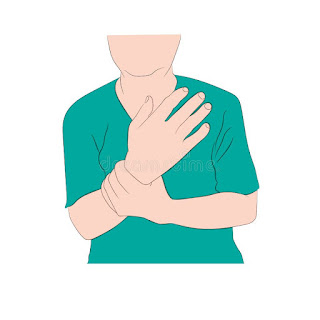Guillain-Barré syndrome (GBS) is a rare neurological disorder in which the body’s immune system mistakenly attacks the peripheral nervous system. It is characterized by the rapid onset of muscle weakness, often starting in the legs and spreading to the arms and upper body. The exact cause of GBS is unknown, but it is often preceded by an infection, such as a respiratory or gastrointestinal infection.
Symptoms of Guillain-Barré syndrome may include muscle weakness or tingling sensations, loss of reflexes, difficulty with coordination and balance, and in severe cases, paralysis. The severity and progression of the symptoms can vary from person to person.
GBS is typically diagnosed through a combination of clinical examination, nerve conduction studies, and analysis of cerebrospinal fluid. It is important to differentiate GBS from other conditions with similar symptoms, as early diagnosis and treatment are crucial.
There is no cure for GBS, but the condition is often manageable and most people recover with time. Treatment usually focuses on managing the symptoms and providing supportive care. This may include physical therapy to improve muscle strength and coordination, pain management, and, in severe cases, plasmapheresis or intravenous immunoglobulin therapy to help suppress the immune response.
Recovery from Guillain-Barré syndrome can be a slow process, often taking weeks or months. Some individuals may experience long-term effects, such as residual weakness, numbness, or fatigue. In rare cases, GBS can be life-threatening, particularly if it affects the muscles involved in breathing. However, with proper medical care and support, the majority of people with GBS can recover and regain their normal functioning.

